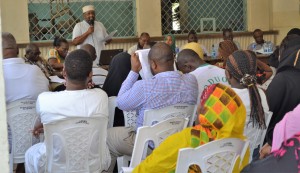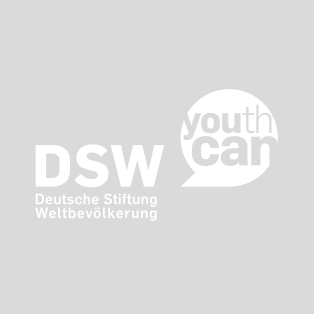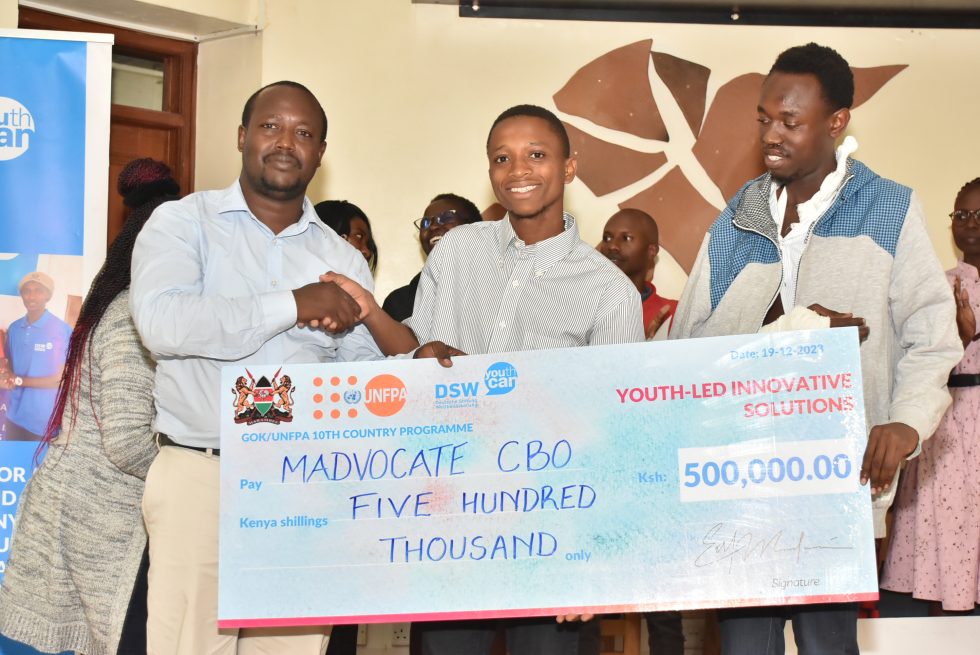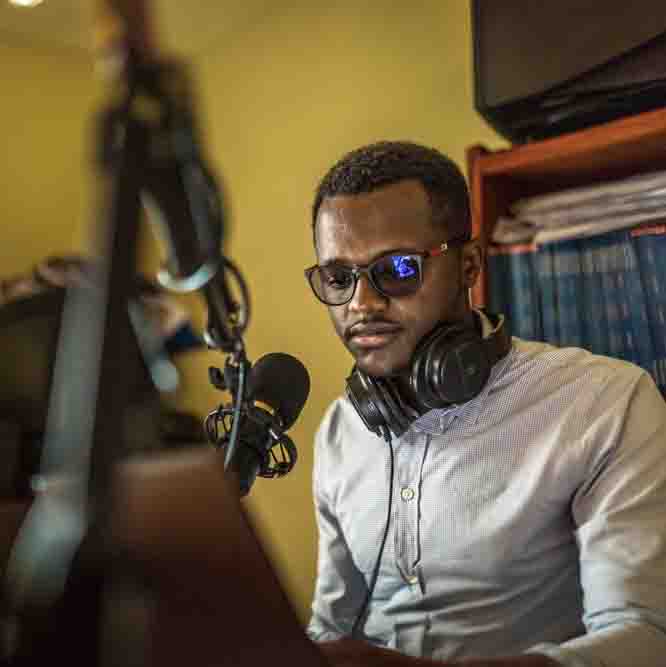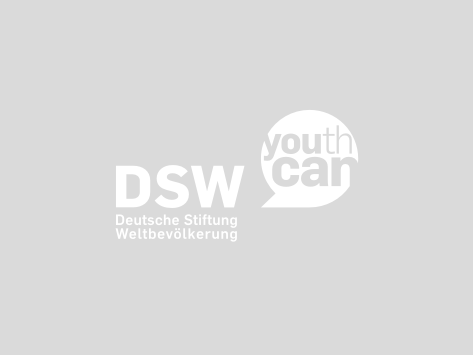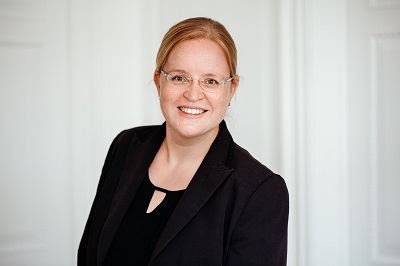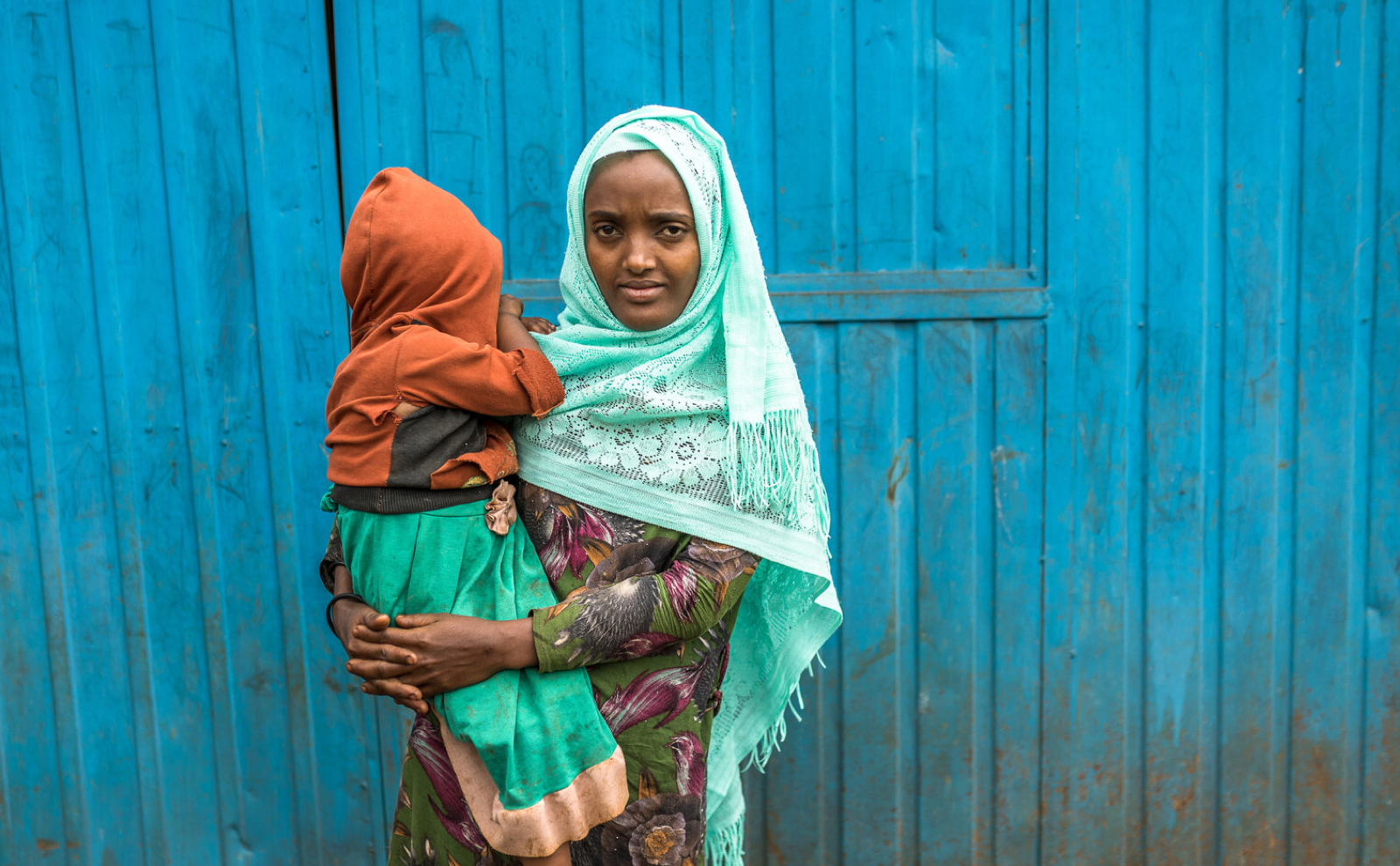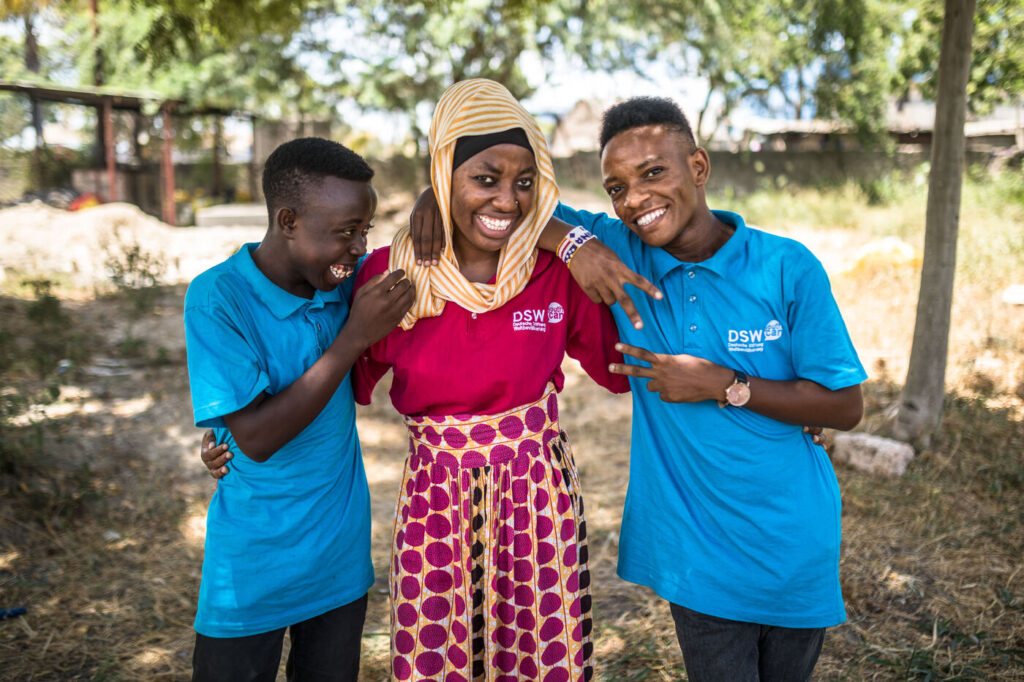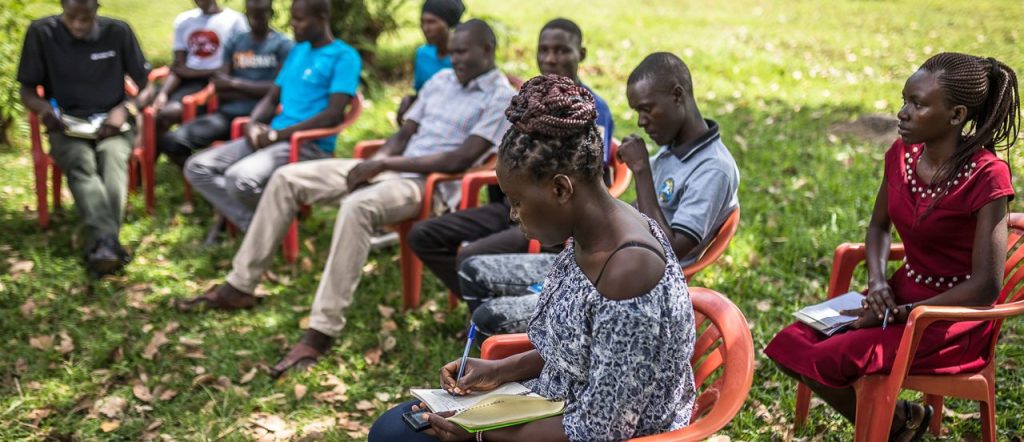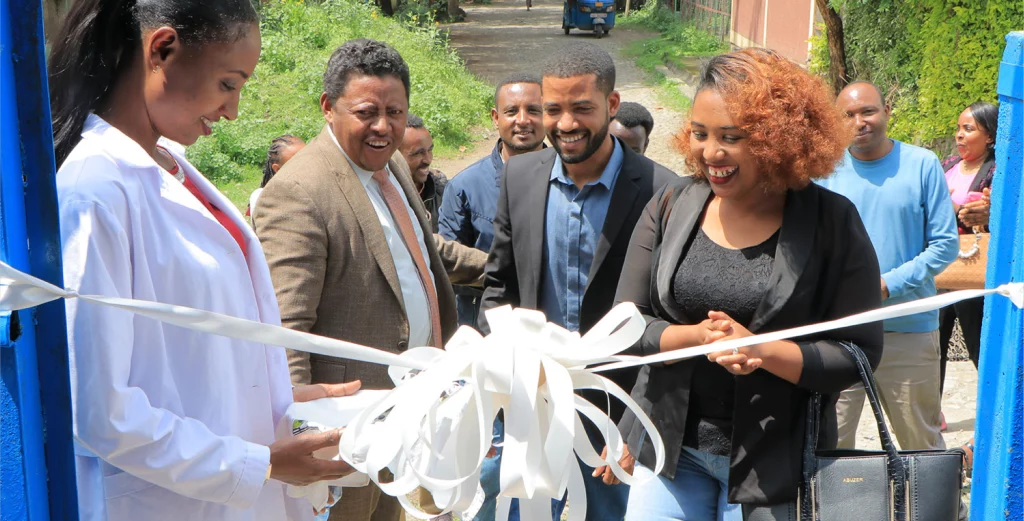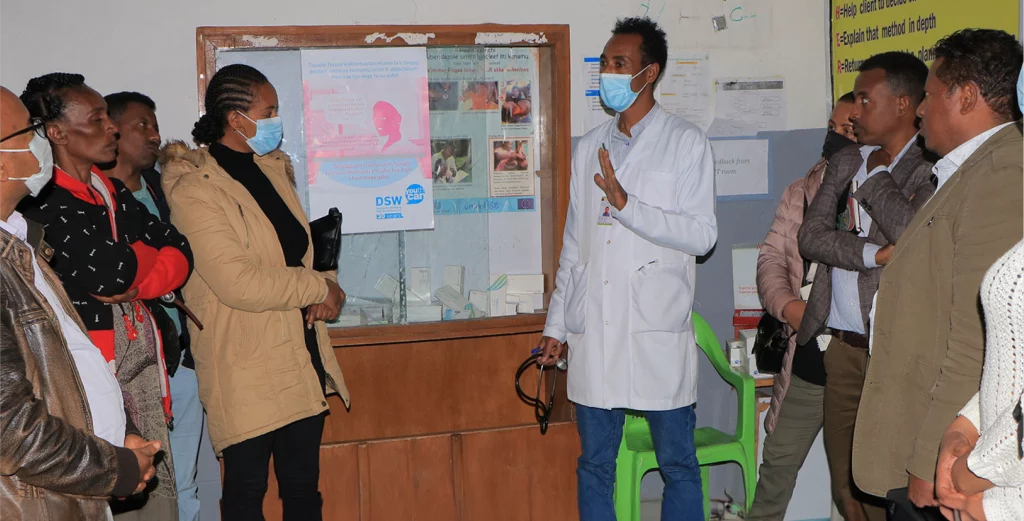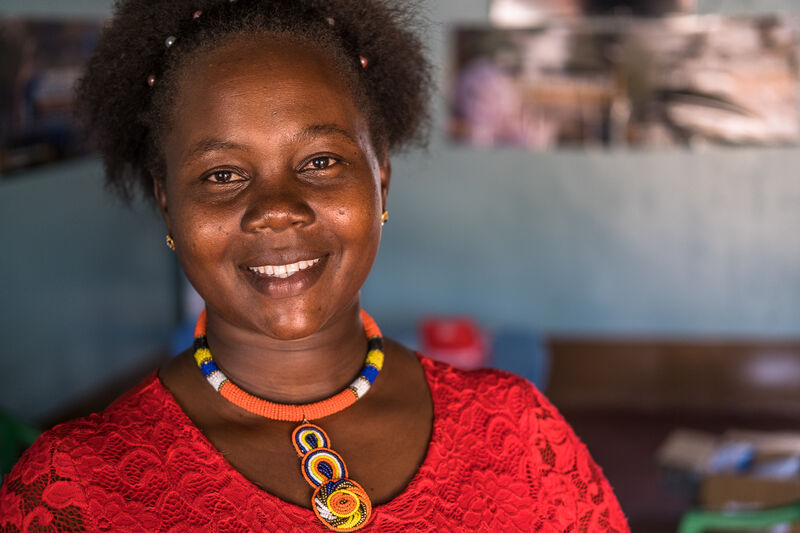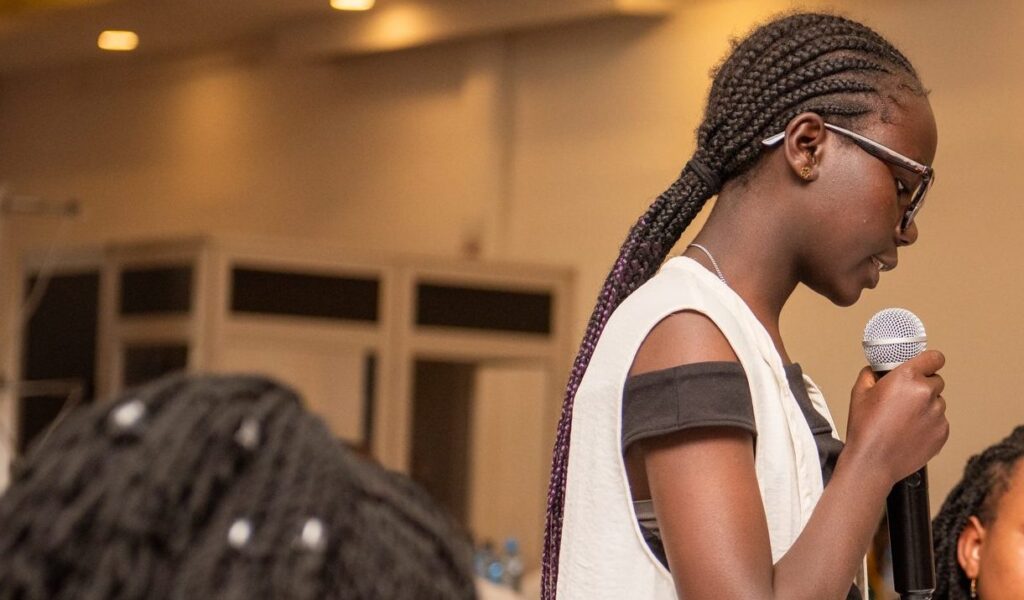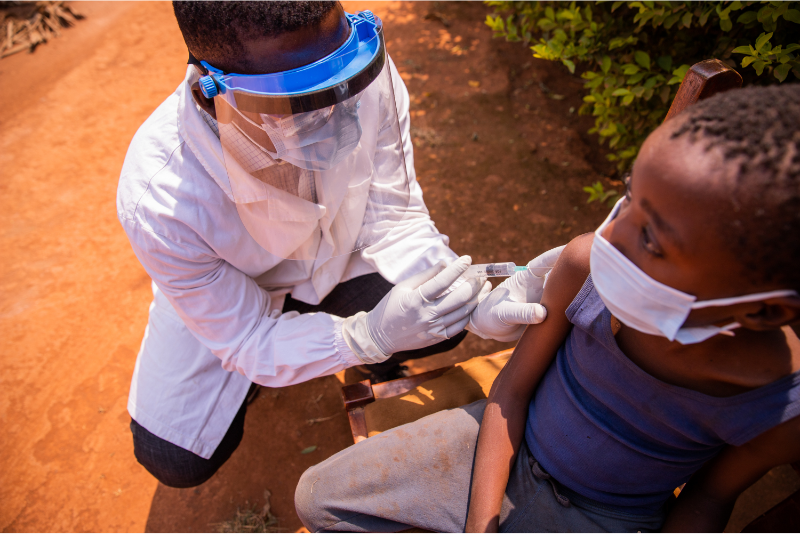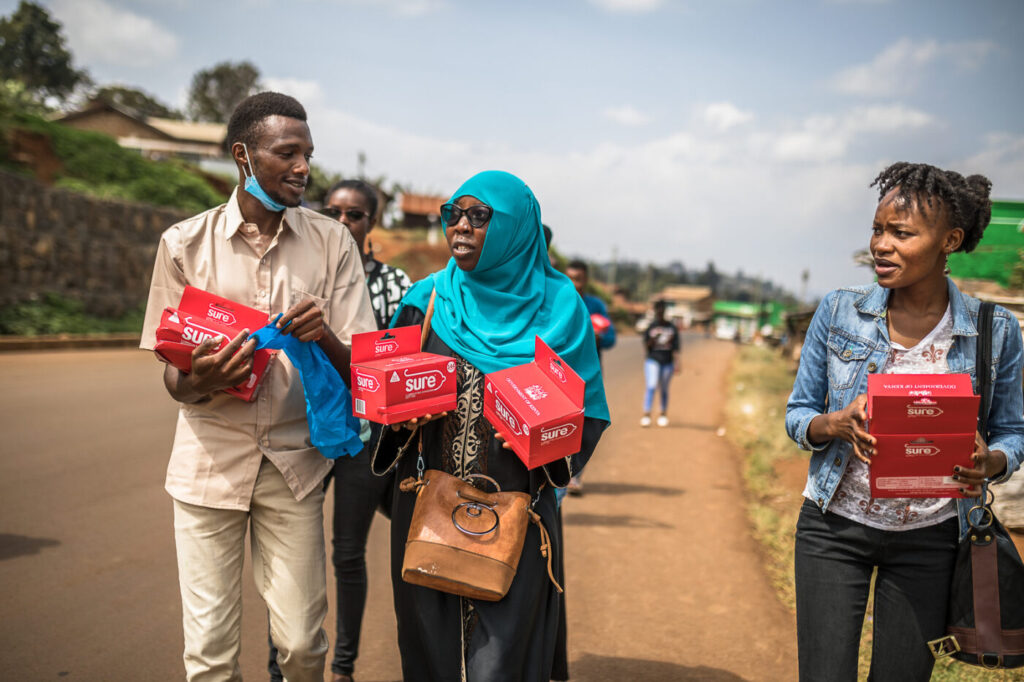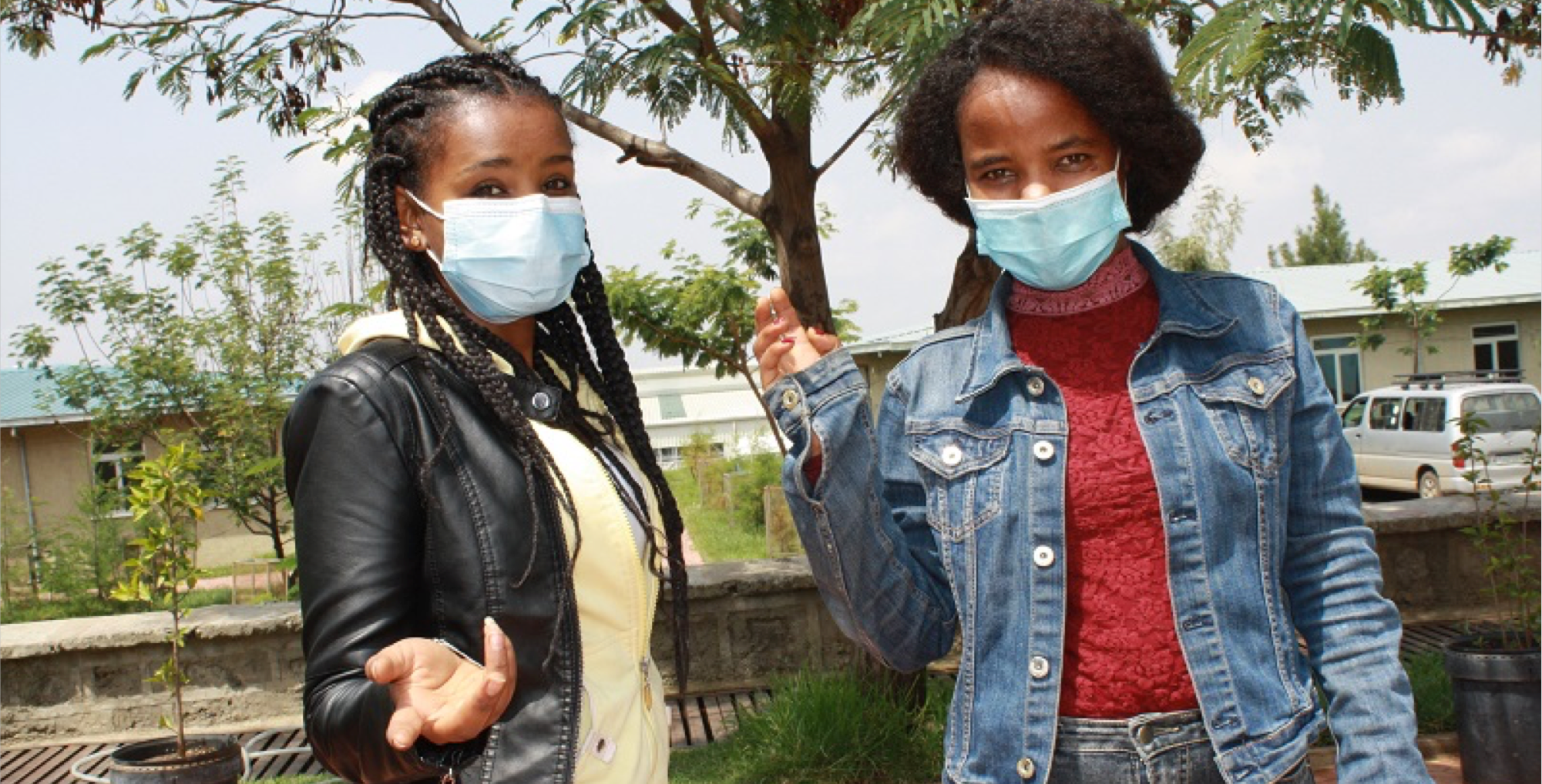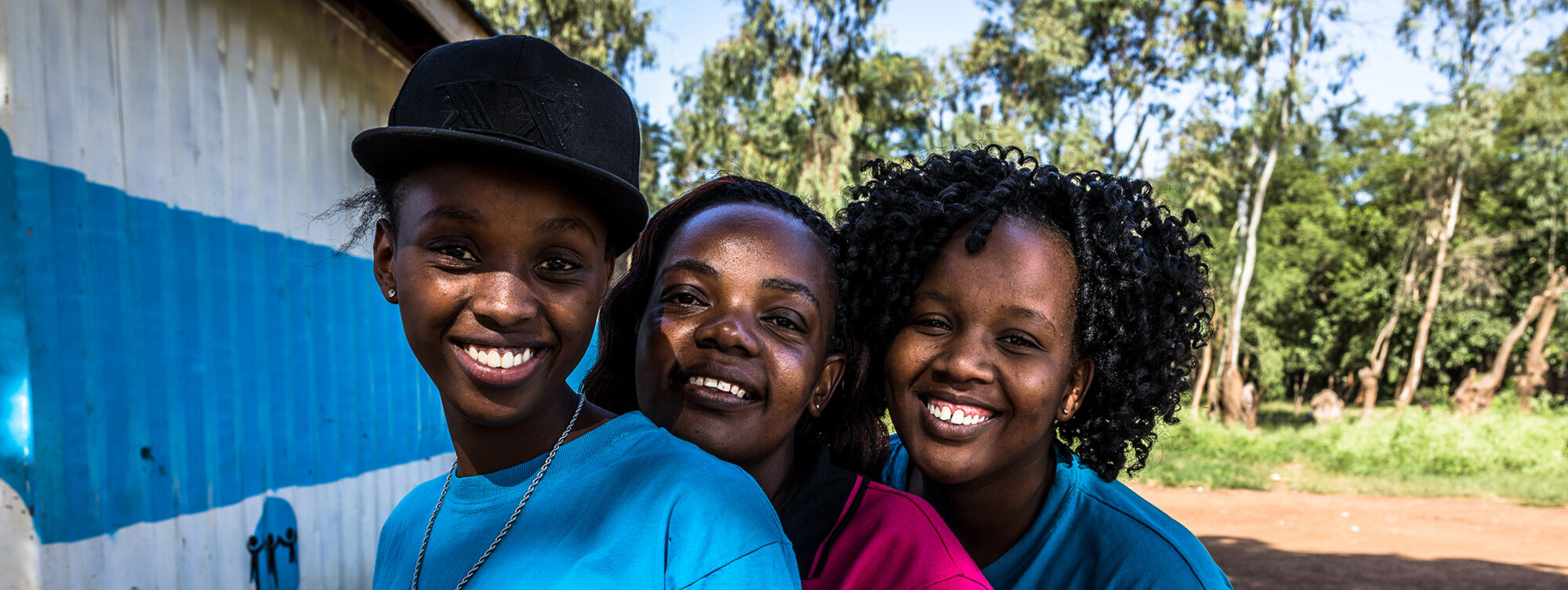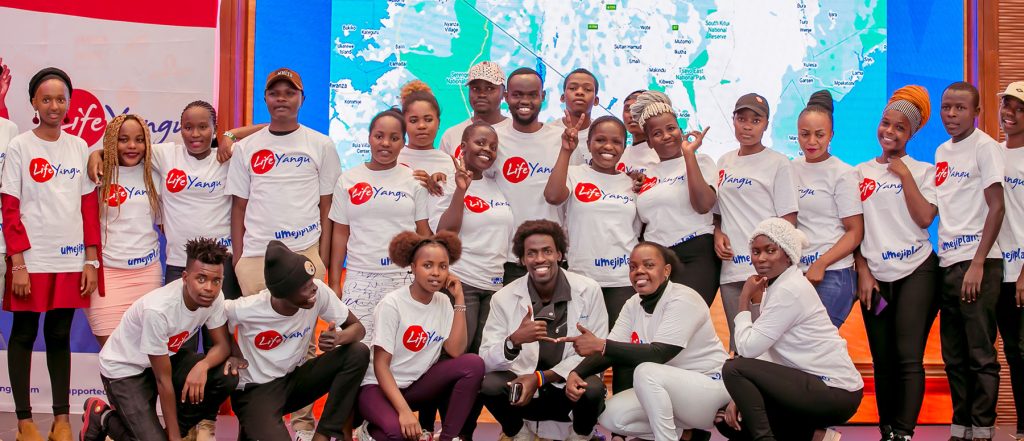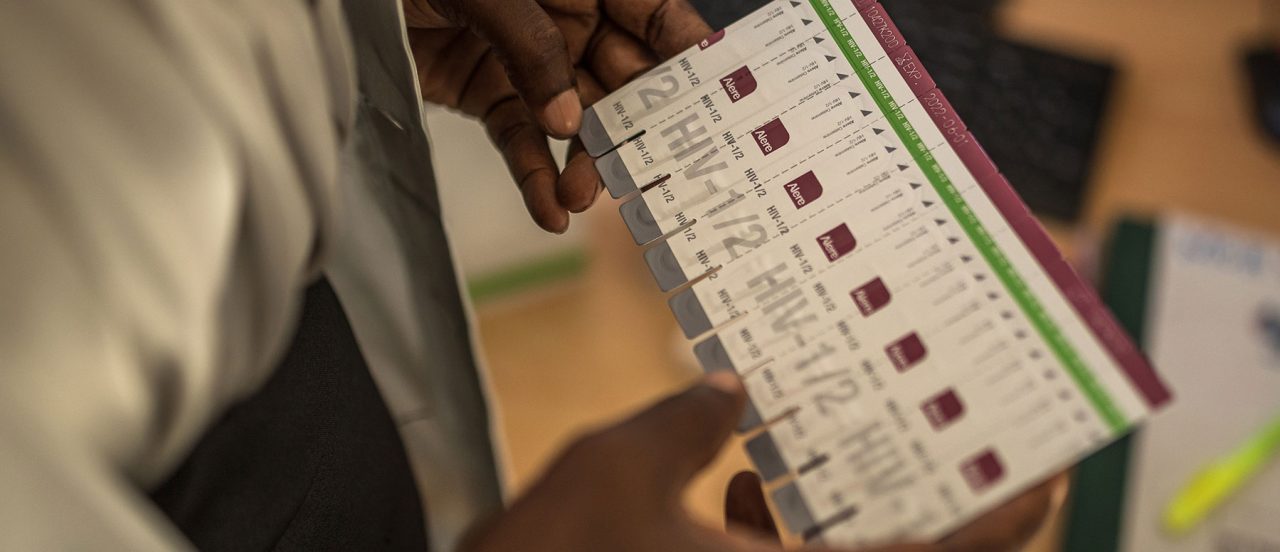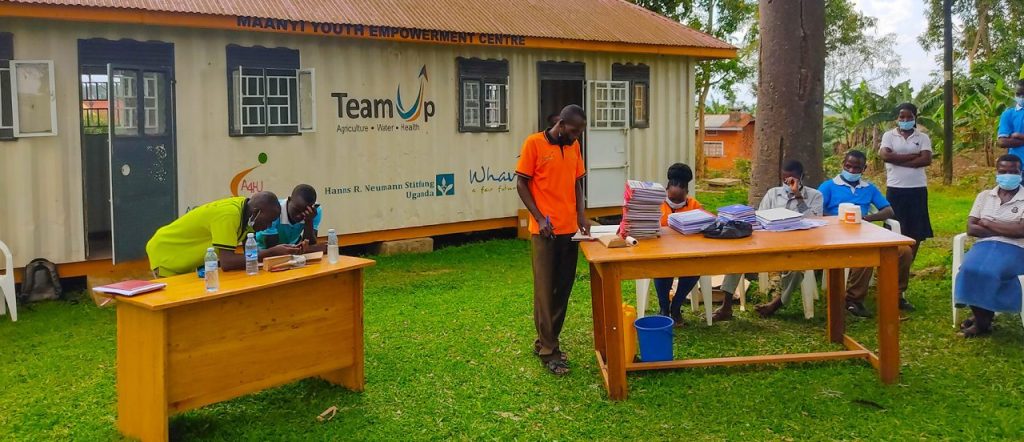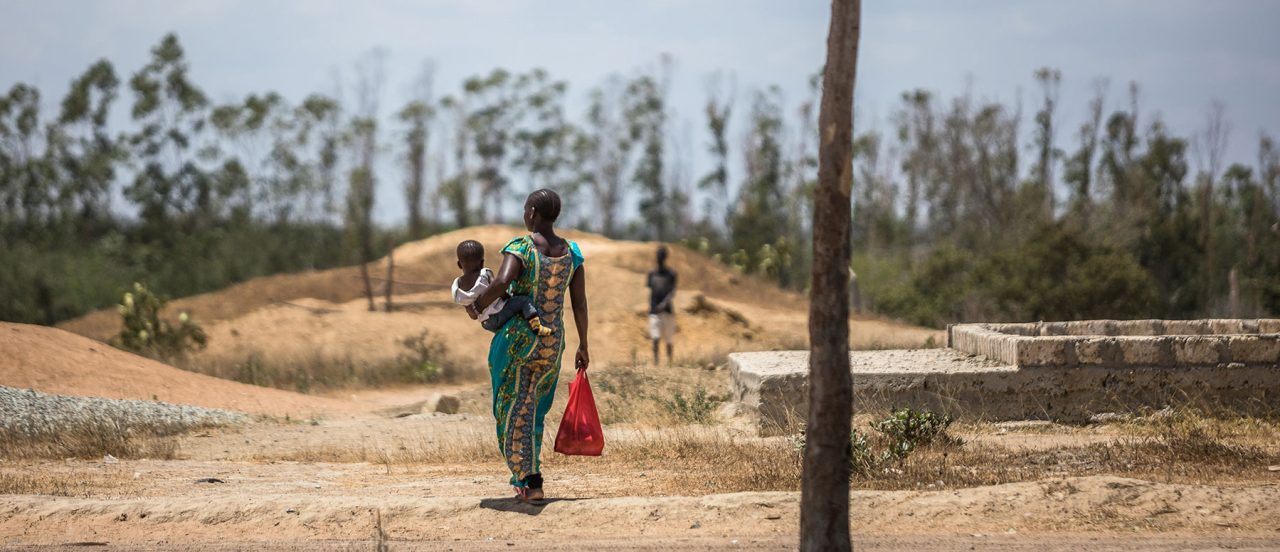Three solutions emerged the winners of DSW Kenya’s 2023 Call for Innovative Youth-led Solutions from over 50 submissions from across the country.
GiPAD by Madvocate CBO from Kilifi emerged as the winner under the sexual and reproductive health (SRHR) category. Their solution is designed to use art to champion SRHR rights and information using a GiPad App for mentorship, development of dignity packs for livelihood improvement and comic book for awareness creation.
Niko Informed by Nelly Awino from Kisumu emerged on top under the gender-based violence category. It aims to integrate and disseminate by-laws, policies and legal frameworks on SGBV by translating them into local dialect (Luo) and local slang to enhance community understanding.
Diversity Africana from West Pokot was selected as the third overall best solution. Their solution seeks to engage composers & singers of indigenous Pokot songs to compose dances & songs in their local dialect to educate their community on the importance of preventing and reporting gender-based violence.
Besides winning the grant (Ksh 500,000 for Madvocate CBO and Nelly Awino’s and Sh200,000 for Diversity Africana) to implement their winning solutions in their communities, the winners will also receive mentorship, networking opportunities, and support to further develop and implement their solutions.
Speaking at the award ceremony, DSW Kenya’s Country Director, Evelyn Samba noted that young people had proven that they have the solutions to the challenges they face.
“From the submissions we received when we put out a call, it is evident that our youths have solutions to their problems. It is time for us to give them that opportunity to create their own solutions and help implement them.” – Evelyn Samba.
She also added that often, youth are left behind when it comes to conversations around issues affecting them. Involving them in development processes can lead to more effective and inclusive outcomes, fostering a sense of ownership and empowerment among young people.
Kigen Korir, Programs Specialist at UNFPA, said it was important for the winning projects to provide achievable solutions that will have impact for the youths in communities they live in.
“For us, it is not just about project ideas and giving grants, we provide mentorship to them and further link them to partners doing the same thing. We make sure we give them all the resources needed to make sure the winning ideas are turned to tangible projects.” – Kigen Korir
The Call was implemented under the Delivering Accurate Information and Services to Young People (DAISY) Project established under the auspices of the 10th GOK-UNFPA Country Programme.
The outcome of the programme is that by 2026, all people in Kenya at risk of being left behind –particularly all women & girls, all youth& children, all in the ASAL counties and all in the informal urban settlements have improved, inclusive, and equitable social and protection services, with the outputs below:
- By 2026, adolescents and youth have increased their capacity and opportunities to participate and lead in policies and programmes on population and development, sexual and reproductive health, gender-based violence and harmful practices at all levels, including in humanitarian settings.
- By 2026, the capacity of key actors and institutions to address discriminatory gender and social norms is strengthened.
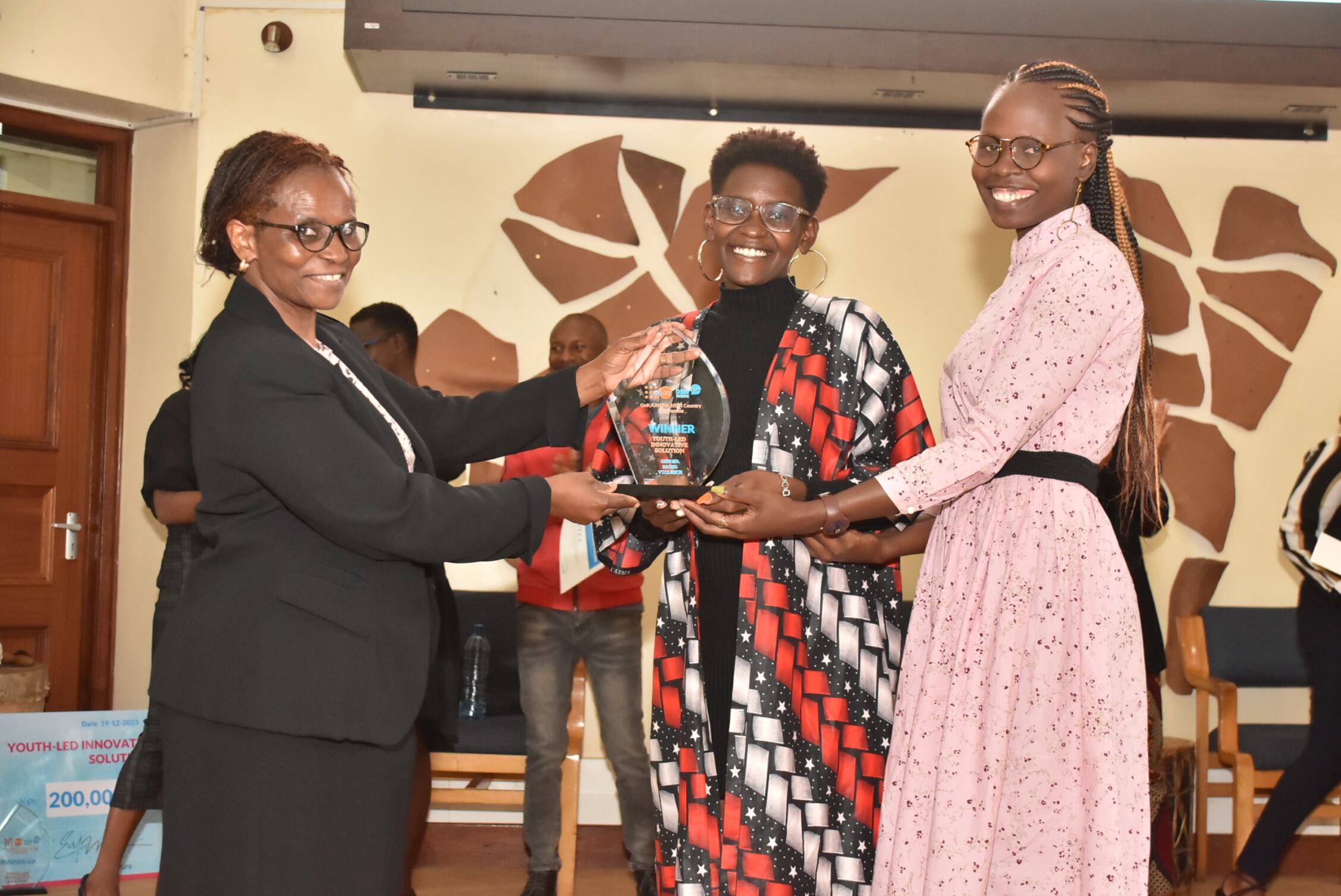
DSW Kenya Country Director presents the award to Nelly Awino, the winner under the GBV category.
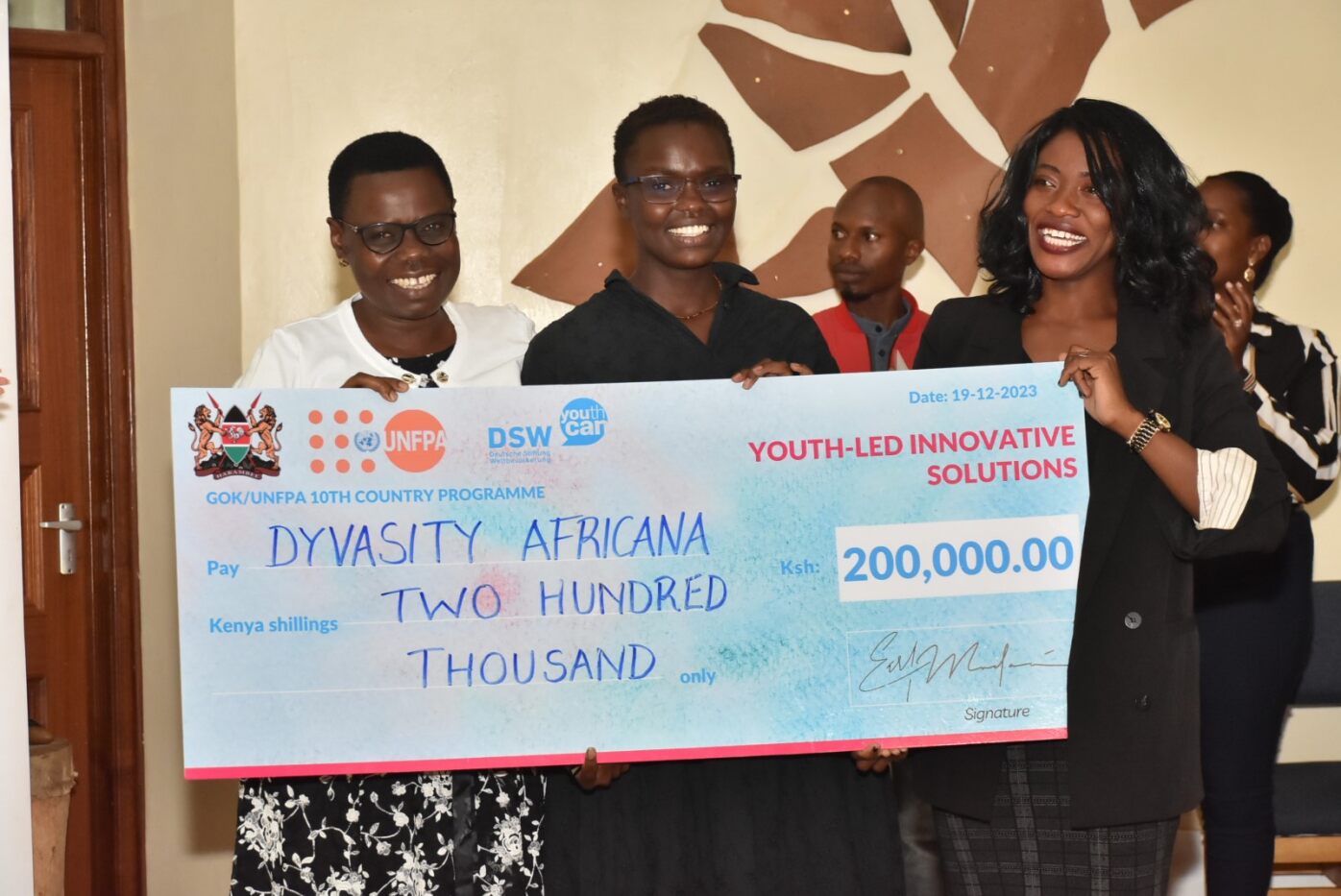
Polycom Dvelopment Project Executive Director, Jane Anyango with Dyvasity Africana, the third overall winners.
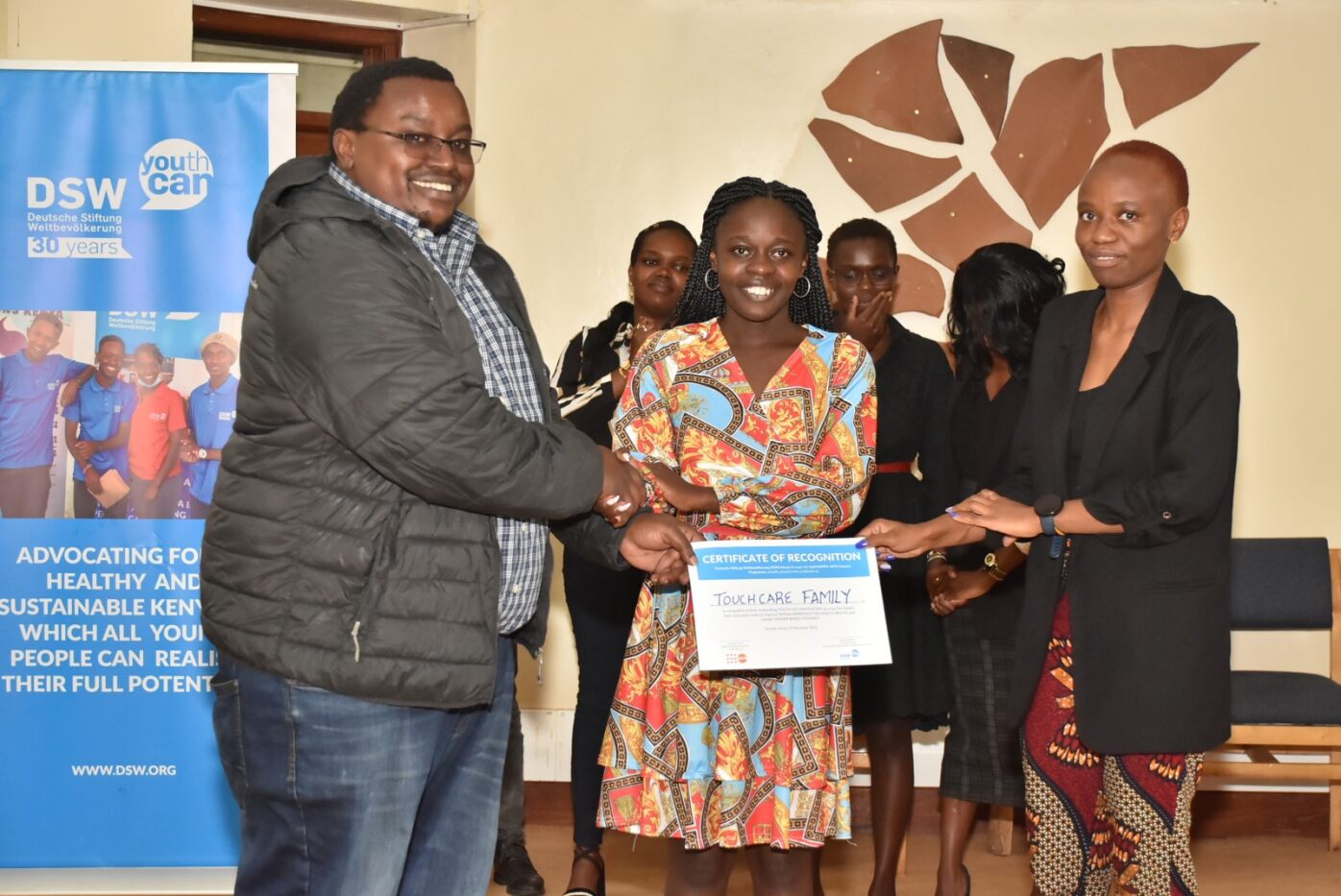
Imara TV CEO Stephen Maina presents a certificate to TouchCare CBO.
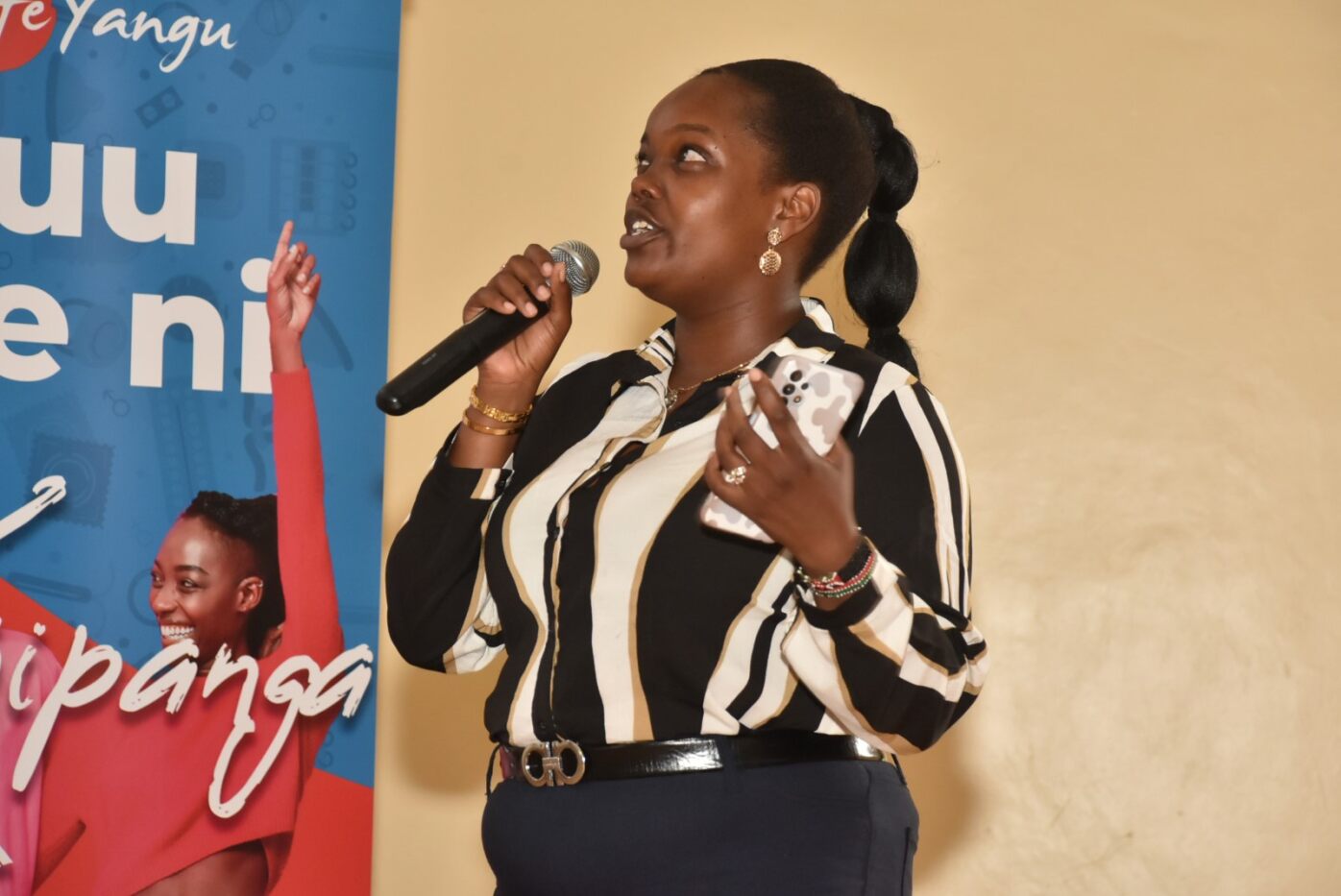
Black Coffee’s Angela Kioko.
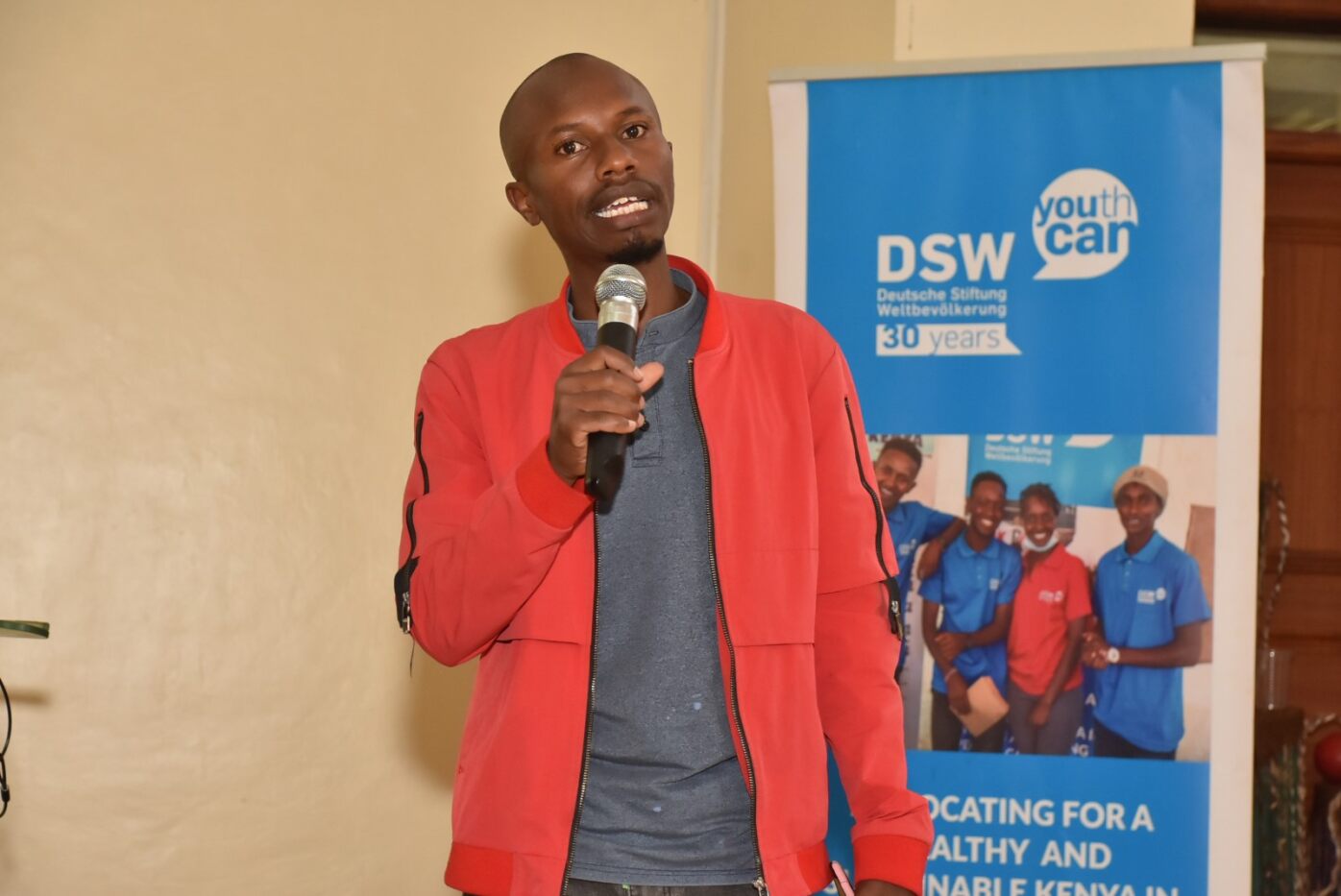
Black Coffee’s Ben Karanja highlight their solution called Smart Vybez.
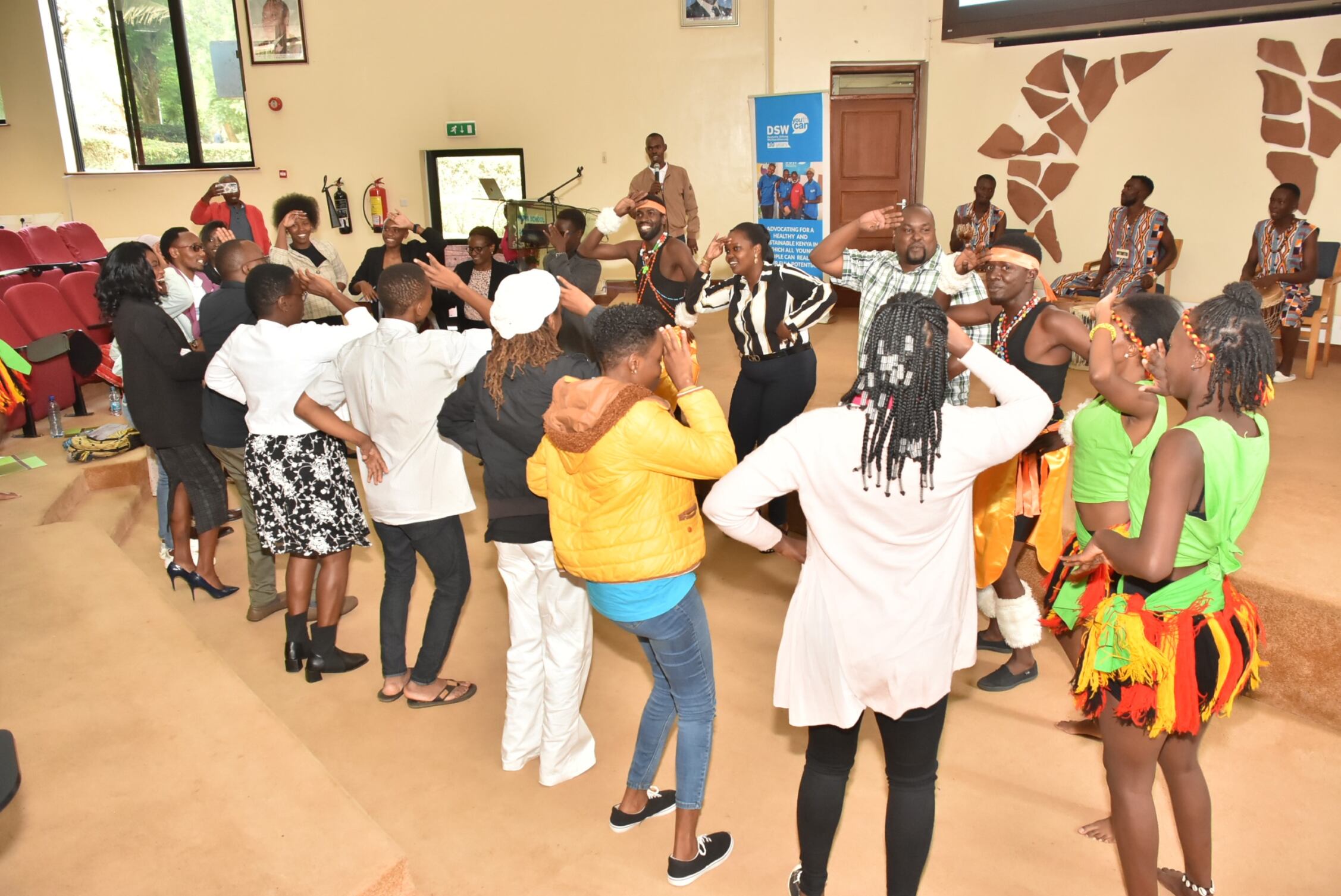
Participants dance at the award ceremony.
Photo: Kigen Korir, Programs Specialist at UNFPA with Menza Mghendi and Kiti Chigiri Madvocate CBO, the winners under the SRHR category. PHOTO: ALEX MBURU
